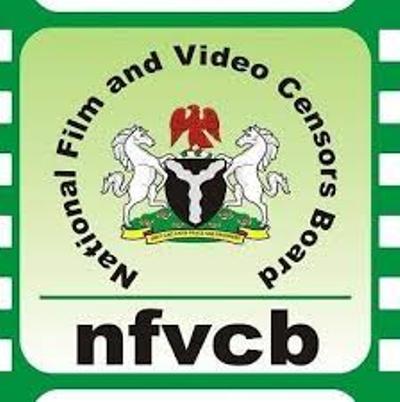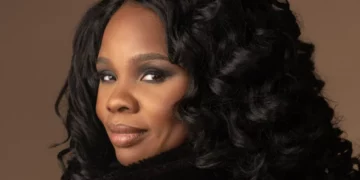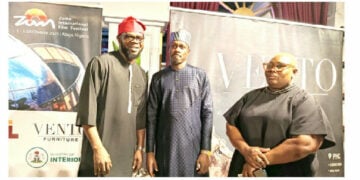The National Film and Video Censors Board (NFVCB) has approved 139 films for the month of August 2025.
According to the statistics obtained from the Censors Board’s website, out of the 139 films approved, 63 were rated for adults (18+), 57 were suitable for viewers aged 15 and above, one was rated for age 12, another was given Parental Guidance (PG), while one was cleared for General Viewing (G). This diverse range of ratings demonstrates the board’s efforts to categorize films based on their content and suitability for different age groups.
In terms of language distribution, English-language films dominated with 92 entries, accounting for 66.2% of the total approvals. Yoruba films followed with 23 entries (16.5%), while Igbo had 12 films (8.6%). Ijaw contributed 7 films (5.0%), and Hindi-language productions recorded 5 approvals (3.6%). Notably, no Hausa-language film was classified for the second consecutive month.
Some notable productions that received approval include Ovi Studios’ “Till Death Do Us Part” (69 mins, rated 15) and “Wandering Stranger” (102 mins, rated 15). WissyBelle Productions’ “For a Season” (132 mins, rated 15) and “Broken Pieces” (98 mins, rated 15) also made the list. Additionally, Ray & Ijeoma Ventures’ “The Big Score” (98 mins, rated 18) was approved.
Veteran actor Jide Kosoko’s “Esugbayi Eleko” (119 mins, rated 12) is another notable film that received approval. Damilola Fasesan’s “Ewa” (158 mins, PG) and John Musker’s “Aladdin” (90 mins, G) are also worth mentioning. These films showcase the diversity and creativity of the Nigerian film industry.
The NFVCB also approved some foreign titles, including “Over the Bridge” (Hindi, PG), “Son of Sardaar 2” (English, 12A), and “Param Sundari” (Hindi, 12A). These approvals demonstrate the board’s commitment to regulating and guiding the distribution of films in Nigeria.
According to the executive director and CEO, Dr. Shuaib Hussein, “the NFVCB’s leadership is committed to supporting responsible storytelling and ensuring that audiences are properly guided through classifications.”
With its continued efforts to regulate and guide the film industry, the censors board is playing a crucial role in promoting responsible storytelling and ensuring the growth and development of the Nigerian film industry.





